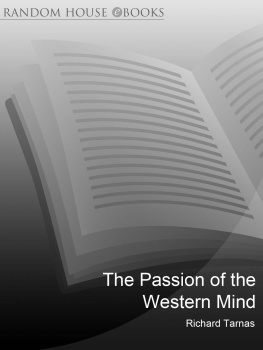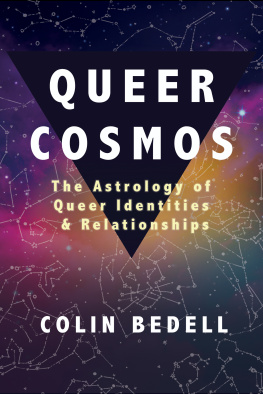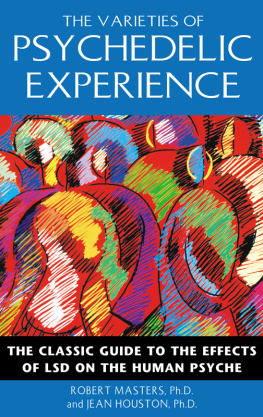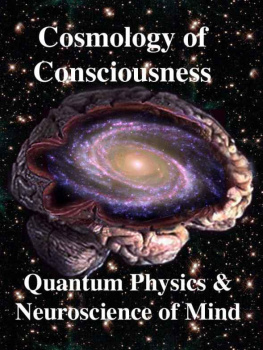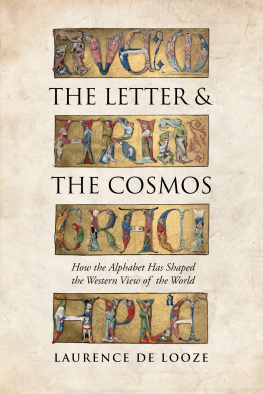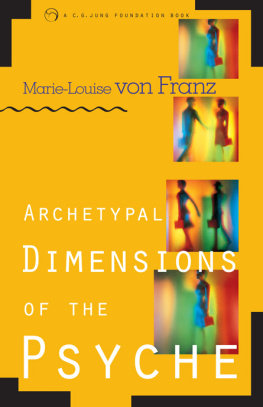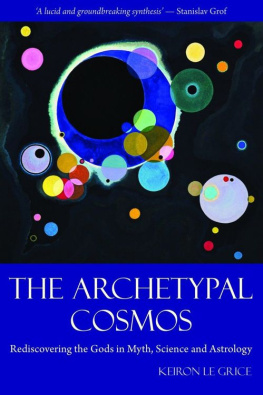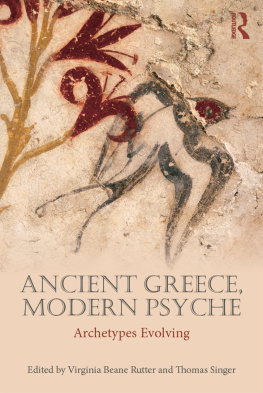Cosmos and Psyche
Intimations of a New World View
RICHARD TARNAS
VIKING
VIKING
Published by the Penguin Group
Penguin Group (USA) Inc., 375 Hudson Street, New York, New York 10014, U.S.A.
Penguin Group (Canada), 90 Eglinton Avenue East, Suite 700, Toronto, Ontario, Canada M4P2Y3
(a division of Pearson Penguin Canada Inc.)
Penguin Books Ltd., 80 Strand, London WC2R 0RL, England
Penguin Ireland, 25 St. Stephens Green, Dublin 2, Ireland (a division of Penguin Books Ltd)
Penguin Books Australia Ltd, 250 Camberwell Road, Camberwell, Victoria 3124, Australia
(a division of Pearson Australia Group Pty Ltd)
Penguin Books India Pvt Ltd, 11 Community Centre, Panchsheel Park,
New Delhi110 017, India
Penguin Group (NZ), Cnr Airborne and Rosedale Roads, Albany, Auckland 1310,
New Zealand (a division of Pearson New Zealand Ltd)
Penguin Books (South Africa) (Pty) Ltd, 24 Sturdee Avenue, Rosebank,
Johannesburg 2196, South Africa
Penguin Books Ltd, Registered Offices: 80 Strand, London WC2R 0RL, England
First published in 2006 by Viking Penguin, a member of Penguin Group (USA) Inc.
Copyright Richard Tarnas, 2006
All rights reserved
ISBN: 978-1-1012-1347-6
Set in Fairfield LH Light
Without limiting the rights under copyright reserved above, no part of this publication may be reproduced, stored in or introduced into a retrieval system, or transmitted, in any form or by any means (electronic, mechanical, photocopying, recording or 4otherwise), without the prior written permission of both the copyright owner and the above publisher of this book.
The scanning, uploading, and distribution of this book via the Internet or via any other means without the permission of the publisher is illegal and punishable by law. Please purchase only authorized electronic editions and do not participate in or encourage electronic piracy of copyrightable materials. Your support of the authors rights is appreciated.
To my family and friends,
who waited patiently so long
Evening star, you bring all things which the bright dawn has scattered
Sappho
Preface
S kepticism is the chastity of the intellect, Santayana declared, and the metaphor is apt. The mind that seeks the deepest intellectual fulfillment does not give itself up to every passing idea. Yet what is sometimes forgotten is the larger purpose of such a virtue. For in the end, chastity is something one preserves not for its own sake, which would be barren, but rather so that one may be fully ready for the moment of surrender to the beloved, the suitor whose aim is true. Whether in knowledge or in love, the capacity to recognize and embrace that moment when it finally arrives, perhaps in quite unexpected circumstances, is essential to the virtue. Only with that discernment and inward opening can the full participatory engagement unfold that brings forth new realities and new knowledge. Without this capacity, at once active and receptive, the long discipline would be fruitless. The carefully cultivated skeptical posture would become finally an empty prison, an armored state of unfulfillment, a permanently confining end in itself rather than the rigorous means to a sublime result.
It is just this tension and interplaybetween critical rigor and the potential discovery of larger truthsthat has always informed and advanced the drama of our intellectual history. Yet in our own time, at the start of a new millennium, that drama seems to have reached a moment of climactic urgency. We find ourselves at an extraordinary threshold. One need not be graced with prophetic insight to recognize that we are living in one of those rare ages, like the end of classical antiquity or the beginning of the modern era, that bring forth, through great stress and struggle, a genuinely fundamental transformation in the underlying assumptions and principles of the cultural world view. Amidst the multitude of debates and controversies that fill the intellectual arena, our basic understanding of reality is in contention: the role of the human being in nature and the cosmos, the status of human knowledge, the basis of moral values, the dilemmas of pluralism, relativism, objectivity, the spiritual dimension of life, the direction and meaningif anyof history and evolution. The outcome of this tremendous moment in our civilizations history is deeply uncertain. Something is dying, and something is being born. The stakes are high, for the future of humanity and the future of the Earth.
No recital is necessary here of the many formidable and pressing problemsglobal and local, social, political, economic, ecologicalfacing the world today. They are visible in every headline in our daily news, monthly journals, and annual state of the world reports. The great enigma of our situation is that we have unprecedented resources for dealing with those problems, yet it is as if some larger or deeper context, some invisible constraint, were negating our capacity and resolve. What is that larger context? Something essential seems to be missing in our understanding, some potent but intangible factor or set of factors. Can we discern the more fundamental conditions in which our many concrete problems might ultimately be rooted? What are the most important underlying issues that confront the human mind and spirit in our era? Focusing particularly on the Western situation, centered in Europe and North America though now variously and acutely affecting the entire human community, we can observe three especially fundamental factors:
First, the profound metaphysical disorientation and groundlessness that pervades contemporary human experience: the widely felt absence of an adequate, publicly accessible larger order of purpose and significance, a guiding metanarrative that transcends separate cultures and subcultures, an encompassing pattern of meaning that could give to collective human existence a nourishing coherence and intelligibility.
Second, the deep sense of alienation that affects the modern self: here I refer to not only the personal isolation of the individual in modern mass society but also the spiritual estrangement of the modern psyche in a disenchanted universe, as well as, at the species level, the subjective schism separating the modern human being from the rest of nature and the cosmos.
And third, the critical need, on the part of both individuals and societies, for a deeper insight into those unconscious forces and tendencies, creative and destructive, that play such a powerful role in shaping human lives, history, and the life of the planet.
These conditions, all intricately interconnected and interpenetrating, surround and permeate our contemporary consciousness like the atmosphere in which we live and breathe. From a longer historical perspective, they represent the distillate of many centuries of extraordinary intellectual and psychological development. The compelling paradox of this long development is that these problematic conditions seem to have emerged from, and be subtly interwoven with, the very qualities and achievements of our civilization that have been most progressive, liberating, and admired.
It was this complex historical drama that I explored in my first book, The Passion of the Western Mind , a narrative history of Western thought that followed the major shifts of our civilizations world view from the time of the ancient Greeks and Hebrews to the postmodern era. In that book, published in 1991, I examined and attempted to understand the great philosophical, religious, and scientific ideas and movements that, over the centuries, gradually brought forth the world and world view we inhabit and strive within today. As with many such works that seem to take hold of their authors until they are completed, I was moved to write that book for more reasons than I fully grasped when I began the ten-year task. But my principal motive from the start was to provide, for both my readers and myself, a preparatory foundation for the present work. For while The Passion of the Western Mind examined the history that led to our current situation, Cosmos and Psyche addresses more precisely the crisis of the modern self and modern world view, and then introduces a body of evidence, a method of inquiry, and an emerging cosmological perspective that I believe could help us creatively engage that crisis, and our history itself, within a new horizon of possibility. I hope this book will point towards an enlarged understanding of our evolving universe, and of our own still-unfolding role within it.


